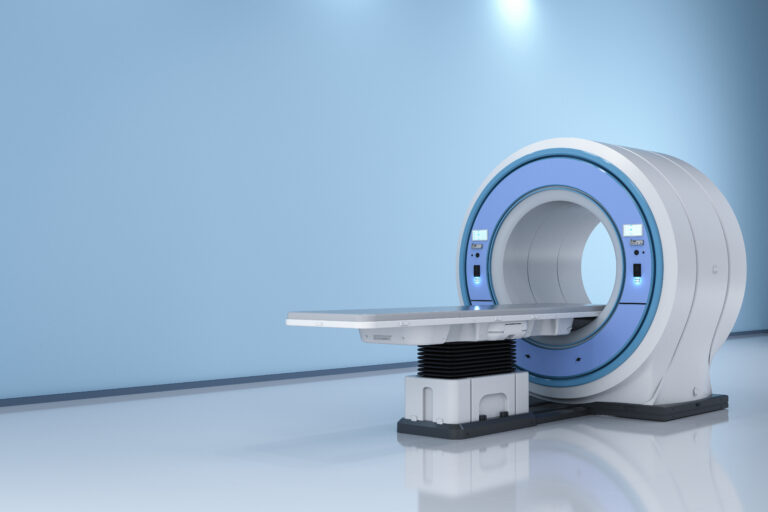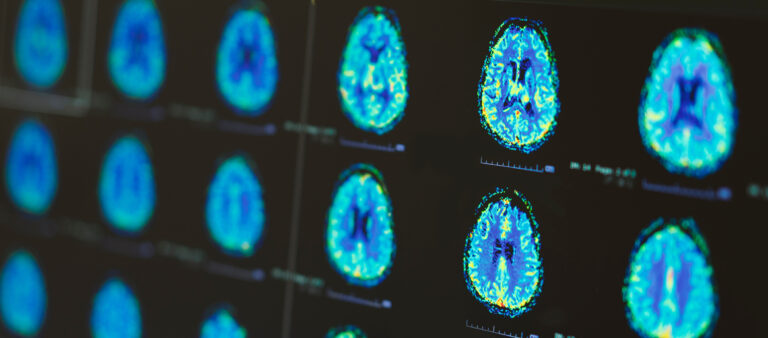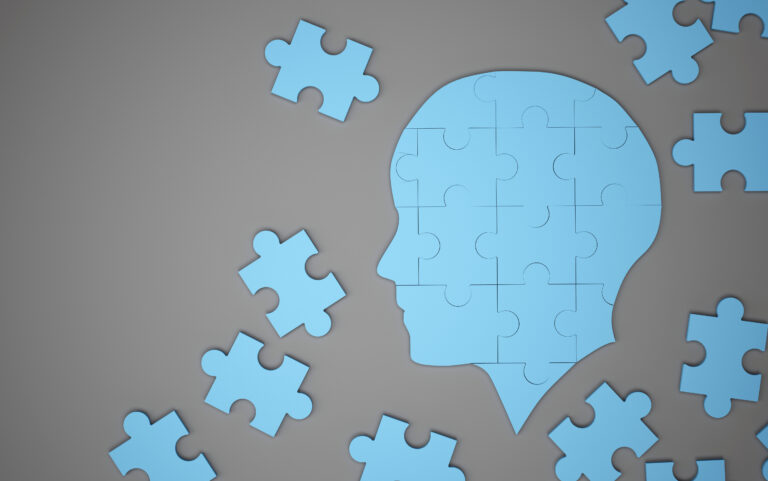Whether you should work out on an **empty stomach for fat loss** depends on several factors, including your personal goals, the type of exercise, and how your body responds to fasted training. The idea behind fasted workouts is that exercising without eating beforehand may increase fat burning, but the overall impact on fat loss is more complex and nuanced.
### How Fasted Exercise Affects Fat Burning
When you exercise in a fasted state—typically after an overnight fast or several hours without food—your body has lower insulin levels and depleted glycogen stores. This environment encourages your body to use **fat as a primary fuel source** during exercise, increasing fat oxidation compared to exercising after eating[3]. This means that during the workout itself, you may burn a higher percentage of calories from fat.
However, this **increase in fat oxidation during exercise does not necessarily translate to greater overall fat loss**. Research shows that while fasted cardio can increase fat burning acutely, it does not lead to more fat loss over time compared to fed exercise when total calorie intake and expenditure are controlled[3]. The key driver of fat loss remains a sustained **caloric deficit**—burning more calories than you consume over days and weeks.
### Appetite and Energy Balance Considerations
One important factor is how fasted exercise affects your appetite and subsequent food intake. Some studies suggest that exercise produces compounds like **Lac-Phe**, which can reduce appetite and help with weight loss by lowering calorie intake[1]. However, this effect is not guaranteed and varies between individuals.
If working out on an empty stomach causes you to feel excessively hungry afterward, you might end up eating more calories later, negating any fat-burning advantage from the workout. Conversely, some people find that fasted exercise helps regulate their appetite and supports intermittent fasting protocols, which can improve insulin sensitivity and metabolic health[2].
### Exercise Performance and Muscle Preservation
Exercising without eating can sometimes reduce your performance, especially during high-intensity or long-duration workouts, because your muscles have less readily available energy. This might lead to shorter or less intense workouts, which could reduce total calorie burn.
Moreover, there is a concern that fasted training might increase muscle breakdown, especially if protein intake is inadequate. However, studies indicate that **time-restricted eating or fasted training does not necessarily harm lean body mass** if overall nutrition is sufficient[4].
### Practical Recommendations
– **Type of exercise matters:** Fasted cardio or low-to-moderate intensity workouts may be more suitable for fasted training. High-intensity or strength training might benefit from some pre-exercise nutrition to maintain performance.
– **Listen to your body:** Some people feel energized and focused during fasted workouts, while others feel weak or dizzy. Choose what feels sustainable.
– **Consider your goals:** If your primary goal is fat loss, focus on maintaining a consistent caloric deficit and regular exercise rather than stressing about fasted vs. fed states.
– **Timing and nutrition:** If combining intermittent fasting with exercise, plan your eating window to support recovery and muscle maintenance[2][4].
### Summary of Scientific Evidence
– A 2017 meta-analysis found no significant difference in weight loss or body composition changes between fasted and fed exercise[3].
– Exercise-induced compounds like Lac-Phe may reduce appetite and contribute to weight loss, but this is still an emerging area of research[1].
– Combining intermittent fasting with exercise can improve fat oxidation and insulin sensitivity, but individual responses vary[2].
– Time-restricted eating supports fat loss without negatively affecting lean mass when nutrition is adequate[4].
In essence, **working out on an empty stomach can increase fat burning during exercise but does not guarantee greater fat loss overall**. The most important factors remain total calorie balance, exercise consistency, and nutrition quality.
—
Sources:
[1] Baylor College of Medicine, New study sheds light on how exercise helps lose weight
[2] GetLabTest.com, Maximizing Intermittent Fasting and Exercise Results
[3] Healthy Food Guide, Fueled or fasted? When it is better to exercise?
[4] Frontiers in Nutrition, Effects of time-restricted eating on body composition and metabolic health





